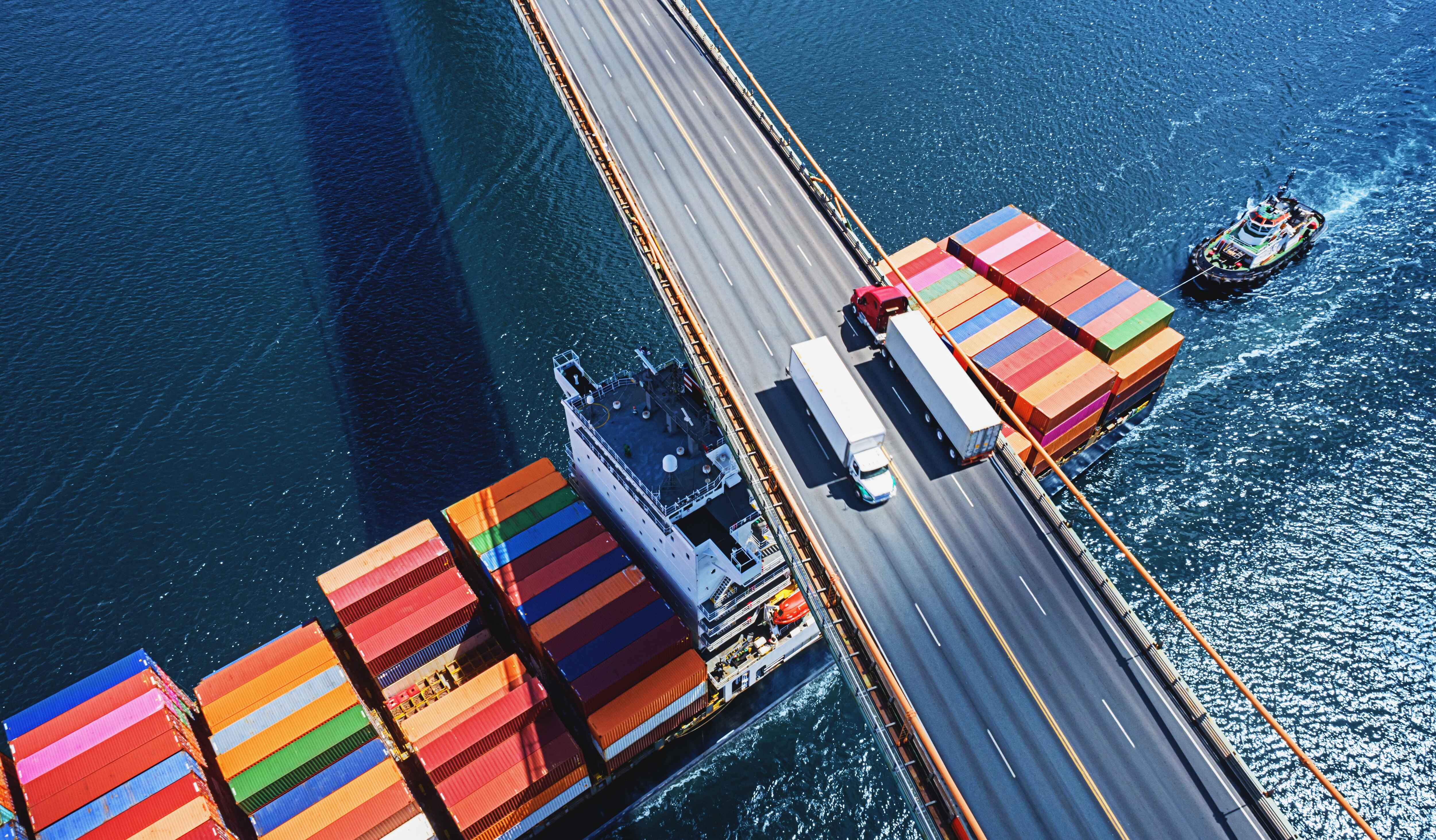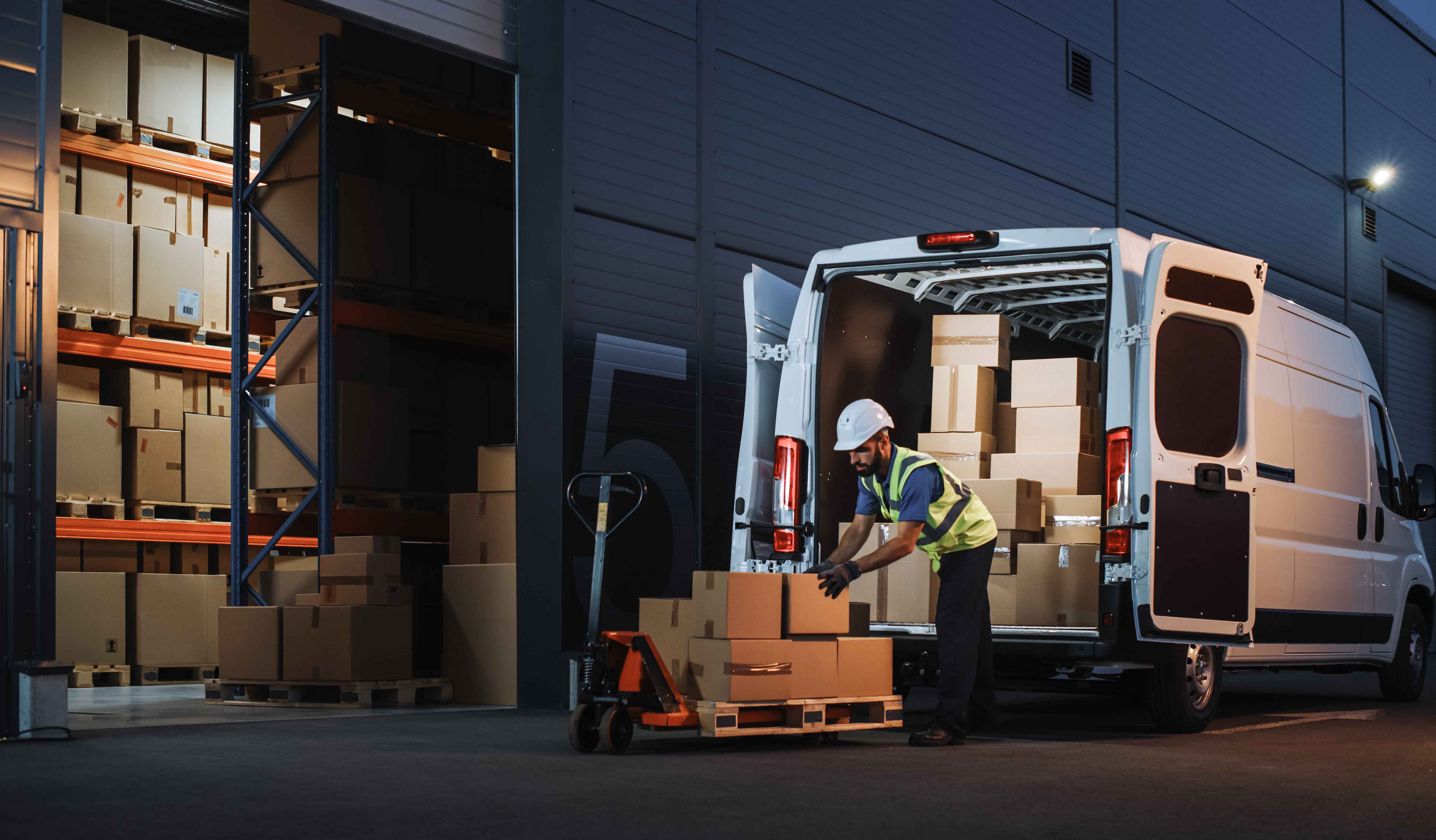INSIGHTS
Change Management in Shipper/3PL Relationships
The ability to manage change has become an essential part of improving supply chain operations. It helps organizations support collaboration, deploy new technology, and adapt to internal and external market pressures. Shippers (61%) and 3PLs (73%) say the need for supply chain change management is either critical or significant.
Read MoreArtificial Intelligence in the Supply Chain
Technology is transforming supply chains. Artificial intelligence (AI) is helping shippers and 3PLs enhance efficiency, accuracy and resilience. Both groups are aligned on their view of AI as a tool that can automate data analysis, identify patterns, solve problems and automate repetitive, mundane tasks.
Read MoreThe Importance of the Direct-to-Consumer Experience
Direct-to-consumer (D2C) sales have experienced significant growth as manufacturers and retailers focus on connecting directly with consumers. The shift is affecting the supply chain as shippers and their logistics providers prioritize speed, flexibility and resiliency.
Read MoreNearshoring in Supply Chain Management
The global supply chain is being transformed as companies move sources of supply and production closer to home markets to help manage uncertainties, increase resiliency and manage costs. For years, shippers and their logistics providers have been grappling with supply chain disruptions, trade wars and global conflict that have exposed the fragility of extended supply chains and made them rethink their overall network.
Read MoreTrends in Real Estate and Labor
COVID-19 created extreme market conditions that led to increased inventory holdings and strong ecommerce growth. This, in turn, created a spike in warehouse demand. Warehouse capacity as well as labor was difficult to find in several U.S. markets and drove costs higher.
Read More



